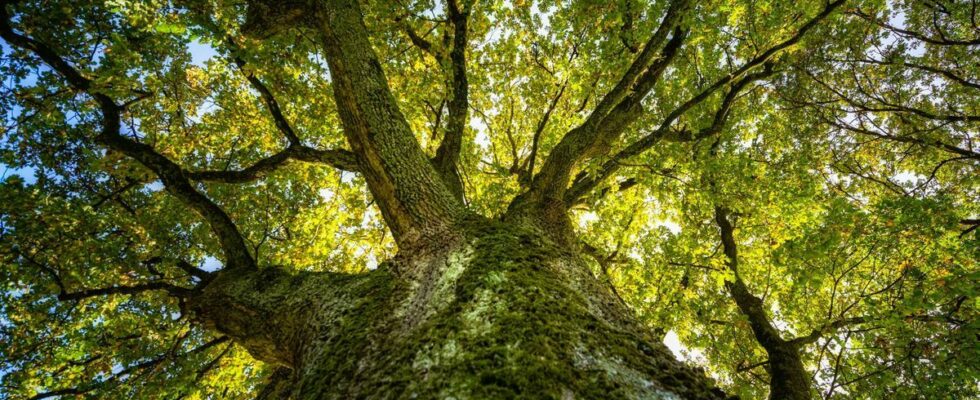Published on
Updated
Reading 3 min.
The statistics updated by Hannah Ritchie in her book “Not the end of the world” shake our environmentalist convictions.
These are surprising figures that should not surprise us.
- The air we breathe, in France as in China, is less polluted than that which blackened the lungs of our parents.
- Global deforestation is declining.
- The number of children dying in infancy has never been lower. Extreme poverty is collapsing across the planet.
- Our individual carbon footprints in rich countries have been shrinking for years, if not decades. The world has begun to say goodbye to gasoline-powered cars, and may soon say goodbye to coal.
These facts, and many others, are contained in “Not the end of the world“, the first book by Hannah Ritchie, Scottish data scientist, researcher at Oxford and driving force behind the site Our World In Data (The book has not yet been translated.) He sometimes refers to the work of Canadian Steven Pinker, who wrote about the historical reduction of violence in humans.
“We don’t realize how difficult our past was.“, Hannah Ritchie, 30, told AFP from Edinburgh.Half of the children were dying, diseases were common, most people were poor, the world was hungry“.
But the effects of climate change are getting worse, he is told.We should neither deny nor minimize it, but we should also be interested in solutions.” she replies.
Our intuitions about the state of the world are often wrong. We are also often wrong about the best way to reduce our individual environmental impact.
Hannah Ritchie cruelly exposes how Westerners buy themselves a good climate conscience with behaviors that have little effect, such as recycling packaging or not leaving devices on standby, and carry out actions that are proportionally more harmful to the planet, such as eating meat, driving cars or taking planes.
Having become Mrs. Carbon Footprint in her various circles, she deplores the appeal in her country of “natural” behaviors, such as making a good wood fire, which pollutes terribly.
“The cow eating grass in its field, that seems sustainable. But the numbers show that substitute meat is vastly better than cows, on almost all environmental criteria.“, she insists, without venturing into the gastronomic dimension.
Palm oil and plastic
Discovering the statistics reeled off by Hannah Ritchie can have the same effect as a short-sighted person trying on their first glasses.
The researcher shakes up the convictions of the environmentalist camp.It’s true, I’m pro-synthetic meat, pro-nuclear, pro-GMO.“(genetically modified organisms),” she said.“I take no pleasure in being provocative. It’s the truth that matters to me.”.
And his conclusions may surprise.”If all Europeans stopped using plastic tomorrow, the oceans would see almost no difference“, she writes, explaining that the waste management system is relatively efficient in Europe.
Or did you know that palm oil, the declared enemy of many NGOs and brands due to the associated deforestation, is “an incredibly productive plant”? Palm trees produce 10 times more oil per hectare than alternatives like coconut oil.If we boycotted palm oil and replaced it with these alternatives, we would need much more agricultural land.“, writes the author.
As for fertilizers, she believes that “The world can’t go organic. Too many of us rely on fertilizers to survive.“. Without dwelling on the impact on the soil.
Eating pollutes
Hannah Ritchie blames what she calls “zombie statistics” propagated by some media outlets. Such as the figure of “60 crops left” due to land degradation, repeated without reliable sources for 10 years.
It is no coincidence that so many of the examples dissected in the book concern what we eat. Energy, which contributes to three-quarters of global warming, is in transition: electric cars, heat pumps, solar power are arriving. But the food system, which contributes to about a quarter, is far from having started its revolution.
“Food is identity, it’s very personal” explains Hannah Ritchie. “People are not going to start eating lentils and tofu“Overnight,” she sums up. Except perhaps after reading her book.
